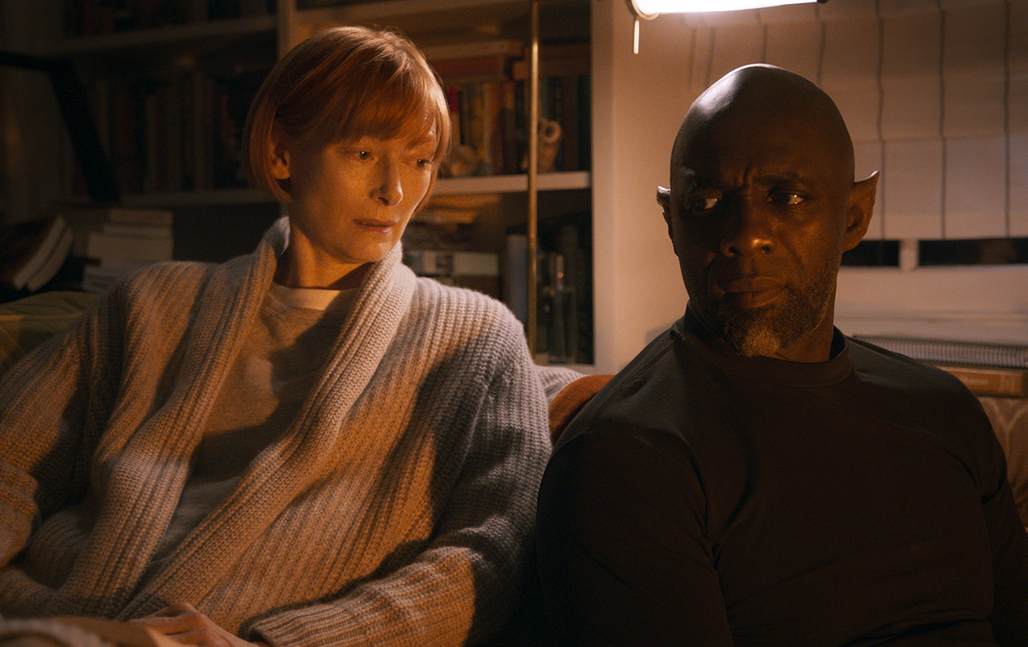
Three Thousand Years of Longing: telling stories to live

The eleventh film directed by George Miller, Three Thousand Years of Longing plunges us into a philosophical tale and fantasy with the tumultuous story of a genie who has travelled the ages. An ode to fiction starring Tilda Swinton and Idris Elba and presented Out of Competition, seven years after the thunderous Mad Max: Fury Road.
Alithea Binnie has a sceptical outlook on the world. In Istanbul, the scholar meets a genie who offers to grant her three wishes in exchange for his freedom. To convince her to accept, the spirit tells her of his past full of incredible encounters.
To develop the relationship between the two characters, the father of the Mad Max series structures the story around the life of the genie, locked up in a bottle for three thousand years. Three thousand years to try to understand human nature, three thousand years of discovering desire and romantic disappointments for this being who is out of the ordinary. We are far, it seems, from the tumultuous action, endless vistas and tightly packed timelines of Mad Max: Fury Road. And yet the two films are linked by their dramatic abundance and the composer Tom Holkenborg, who brought his inspiration to both of them.
For the entire team behind the film, dramatization is at the centre of everything. If "the human being has a visceral need to be told stories", George Miller believes, the way in which they are told remains the most important. The shooting, in the middle of the Covid-19 epidemic, obliged Elba and Swinton to adapt their acting to the principle of narration and to the impact of this on their characters. For Miller, president of the Cannes Jury in 2016, this narration transcends the limits of the screen, impacting the audience head on: "When we go to the cinema, we are sharing a in collective dream."


